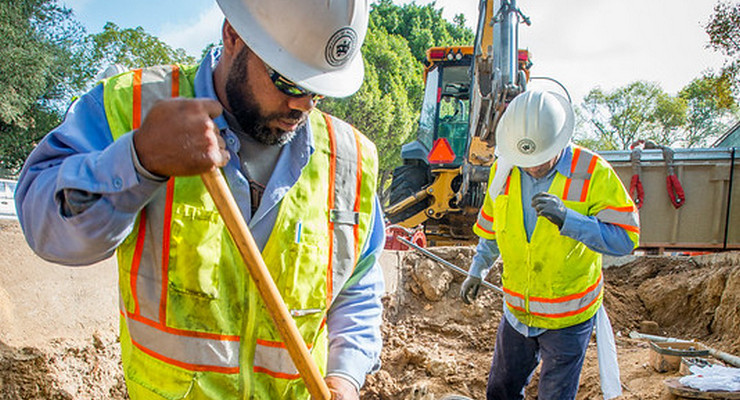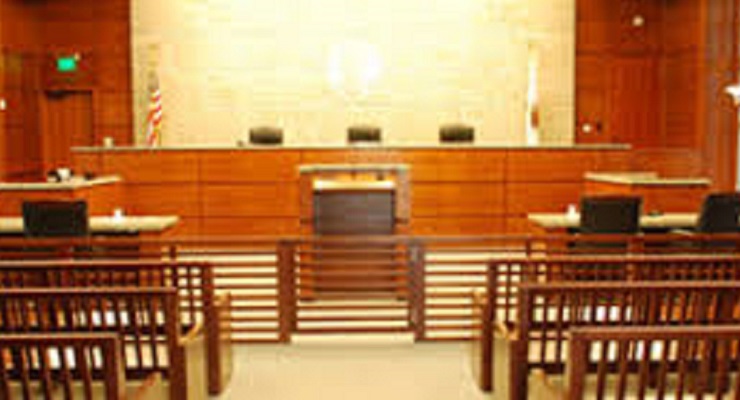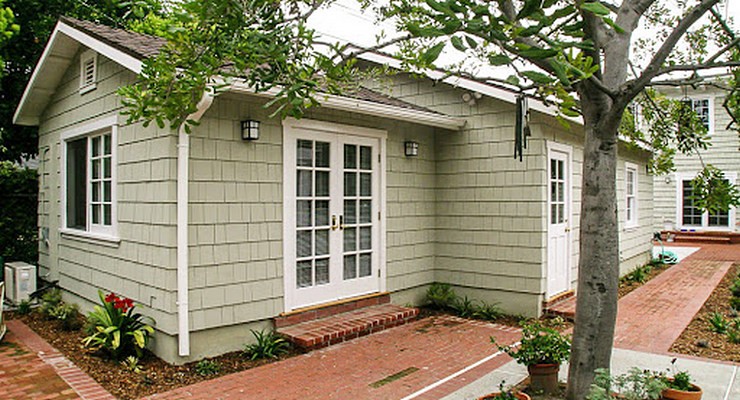
Utah-based Ivory Innovations has selected the city of Pasadena’s Accessory Dwelling Unit (ADU) program as a Top 10 finalist for the 2021 Ivory Prize for Housing Affordability, a national award recognizing ambitious, feasible, and scalable solutions to housing affordability.
“Accessory Dwelling Units are beginning to break through many policy, financial and construction barriers that have limited scalability,” wrote the organization, which is an applied academic institution at the University of Utah’s David Eccles School of Business dedicated to promoting high-impact innovations in housing affordability.
“However,” the statement continues, “helping homebuyers navigate the process, financing, and ensuring that these new units support affordability has been a challenge. The Pasadena Second Unit ADU Program provides ‘Comprehensive Assistance’ for financing, designing, permitting, and constructing a new ADU in the city of Pasadena to provide housing for very low-income Section 8 households that could be a model for cities nationwide.”
The city Housing Department launched its Second Unit ADU Loan Pilot Program last year with a budget of $674,500 — $600,000 for loans and $74,500 for third-party project management.
The program is part of the city’s ongoing effort to create more housing amid a dearth of available and affordable options.
The program allows homeowners to build an ADU through new construction or a garage conversion, or they may rehabilitate and bring up to code an existing unpermitted ADU.
Homeowners have two loan options, according to a city staff report. New ADU construction loans of up to $150, 000 would be 3-year loan terms with 1% simple interest. No payments would be required for the term of the loan. The loan must then be paid in full through refinancing prior to the end of the term, and the homeowner would agree to rent the ADU exclusively to Pasadena housing voucher tenants for seven years.
In the second option, which would apply to existing unpermitted ADUs, loans of up to $75,000 would have 20-year loan terms with 1% simple interest and deferred payments for the first five years. In addition, the loan must be paid in full prior to the end of the term, and a homeowner’s household income cannot exceed 80% of the area median income.
On Tuesday, the City Council’s Economic Development and Technology (EdTech) Committee will consider five loan agreements totaling $600,000 for accessory dwelling unit projects under the pilot program.

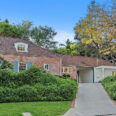

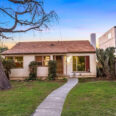
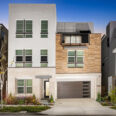









 4 comments
4 comments

